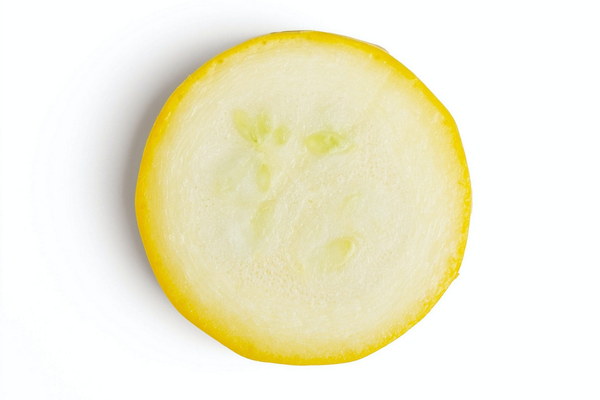Debunking the Myth Does Betel Nut Chewing Really Relieve Dampness
In many cultures, the practice of chewing betel nut, also known as areca nut, has been passed down through generations. This traditional habit is often associated with various health benefits, including the removal of dampness, a concept deeply rooted in traditional Chinese medicine. However, the question remains: does betel nut chewing really relieve dampness? This article aims to explore the origins of this belief, the science behind it, and whether there is any truth to this claim.
The concept of dampness is a fundamental principle in traditional Chinese medicine (TCM). It refers to an internal imbalance caused by excess moisture in the body, which can lead to a range of health issues, such as fatigue, weight gain, and joint pain. According to TCM, betel nut has properties that can help expel dampness and improve overall health.
The belief in betel nut's dampness-relieving properties is primarily based on its traditional usage in various cultures. In Asia, betel nut chewing has been a common practice for centuries, and it is often associated with rituals and social gatherings. In many traditional Asian societies, betel nut is considered a remedy for various ailments, including those related to dampness.

From a scientific perspective, the active compounds in betel nut, such as arecoline and arecaidine, may contribute to its dampness-relieving effects. These compounds are thought to stimulate the sweat glands and increase perspiration, which can help expel excess moisture from the body. Additionally, betel nut contains tannins, which have astringent properties and can help reduce dampness by tightening the body's tissues.
However, despite the traditional beliefs and potential scientific explanations, there is limited empirical evidence to support the claim that betel nut chewing can effectively relieve dampness. Research on the subject is limited, and the majority of studies have focused on the health risks associated with betel nut chewing, rather than its supposed benefits.
One of the main concerns regarding betel nut chewing is its potential health risks. Regular betel nut consumption has been linked to several adverse health effects, including increased risk of oral cancer, gum disease, and heart disease. Moreover, betel nut is often chewed with a substance called lime (calcium hydroxide), which can cause severe tooth erosion and increase the risk of oral cancer.
In conclusion, while the belief in betel nut's dampness-relieving properties is deeply rooted in traditional medicine, there is limited scientific evidence to support this claim. While the active compounds in betel nut may have some dampness-relieving effects, the potential health risks associated with betel nut chewing cannot be ignored. It is essential for individuals to consider these risks before deciding to chew betel nut for any health-related purposes.
In the absence of conclusive evidence, it is advisable to seek alternative, scientifically-backed methods to alleviate dampness, such as diet, exercise, and herbal remedies. Furthermore, individuals who are interested in traditional Chinese medicine may want to consult a qualified TCM practitioner for personalized advice and treatment options.
In conclusion, while betel nut chewing may be a traditional remedy for dampness, the lack of scientific evidence and the associated health risks suggest that it is not a reliable method for dampness relief. As with any health-related decision, individuals should weigh the potential benefits against the risks before choosing to chew betel nut.









